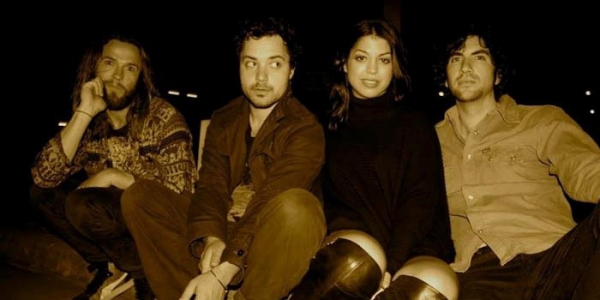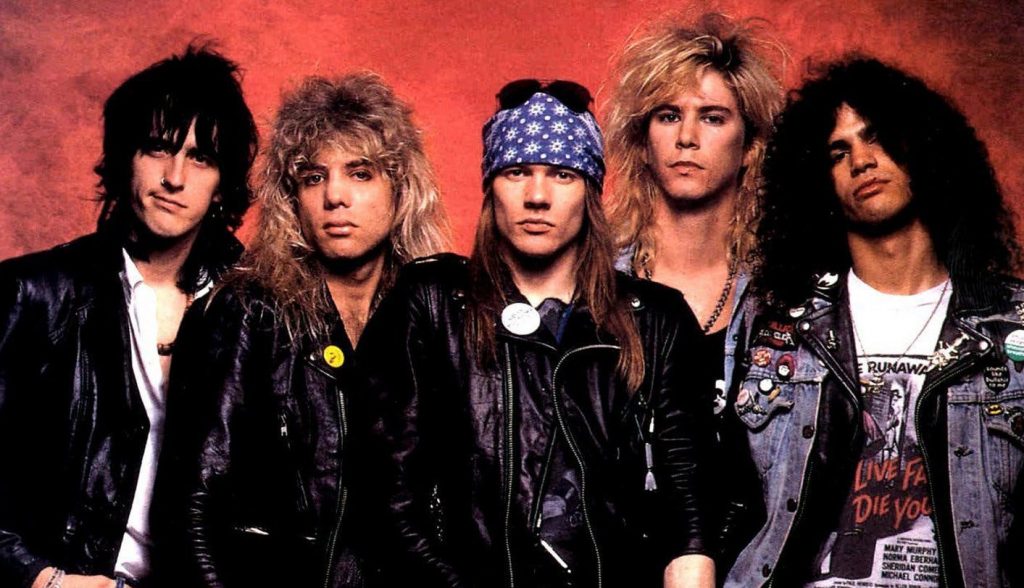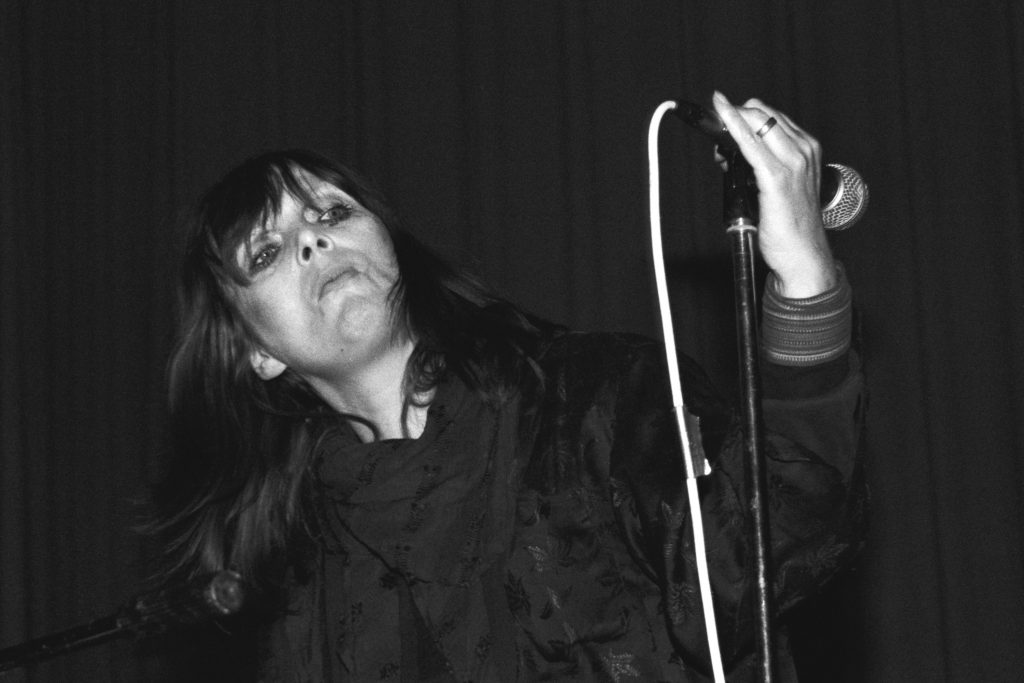“I’ve been fortunate in my career; I’ve yet to throw a clunker at the critics. They’ve been very nice to me, you know, and I’m proud that each of my records has sold a little bit more than the one before. That’s the goal,” says Earle. Last year’s full-length release, Nothings Gonna Change The Way You Feel About Me Now has built on the more mainstream success that Earle hit upon with his third album Harlem River Blues. “My first two records were received well by Americana press; I got Americana praise but it was nothing outside of that and The Good Life was definitely pretty obscure,” Earle explains. “Midnight At The Movies did a little better than The Good Life and I think it opened the door for Harlem River Blues and that was where everything changed you know? Letterman started paying attention and things like that.”
Earle always knew from the onset that having a father so prominent in the music scene would herald both positive and negative implications. “I could tell people that I have nothing to prove but I think that if you’re going to be the son or daughter of someone a little famous for what you’re trying to do then you better get ready; it’s going to be a tough road,” Earle declares matter-of-factly. The road certainly has been tough for Earle with his younger days fraught with drug abuse, but turning 30 last year those times are well behind him. “Really when I turned 30, it was the first time I was just like wow, it happened! I made it out of my 20s and, you know, it’s not cool to die in your 30s and I find myself in a different mindset. I’m very interested in life now and I used to hate it,” Earle muses.
Along with personal growth there has also been musical growth for the singer/songwriter, with his latest album Nothings Gonna Change The Way You Feel About Me Now boasting a very obvious soul influence. While some might feel that soul and country are worlds apart, Earle gives his fans the credit to join the dots. “Well I think a lot of my fans probably own Gram Parsons records and that’s one of the things that sure as shit Gram Parson showed – that Nashville and Memphis are not that far apart. It’s just the little differences you know? You’re in front of the beat or you’re behind the beat and country players have always gotten mad at me for that, saying ‘You’re playing blues boy, you’re behind the beat!’. That’s what they always said to me! And then I finally said ‘fine’, you know?” says Earle.
With both country and soul evolving from the blues genre, it seemed a natural tangent for Earle to find himself exploring, explaining that. “Blues is where I started, I wanted to be an acoustic blues dude like Lightning Hopkins and I’m very interested since I made Harlem River Blues in early incarnations of rock‘n’roll that started off in Memphis,” he says.
With a schedule that sees him fully absorbed in his craft, Earle places a great importance on stepping back to gain perspective. “I think it’s very important to escape sometimes, for all human beings but especially from this life; you need to separate yourself from your work at some point or you’ll become your work. The only thing I’ve seen of people becoming their work in my business, is it just makes them assholes,” states Earle, going on to say how easy it can be to fall into that trap. “It’s really easy to not realise what’s happening around you and then one day you’ve elevated yourself above everybody. And you’re real insecure around people. And that’s not a way I want to live.”
The singer has employed some unusual methods to help him keep his feet on the ground, more commonly practiced in his father’s times then here in 2013. “You know I try to meditate; I’ve also attended native American churches and I’ve experimented with small doses of LSD, for mediation purposes. I feel like it’s very healthy, as long as its clean; it’s a very healthy escape from reality,” comments the singer. While some might see Earle’s methods as questionable, it seems the experiences have certainly had a positive effect on his person. “I think I realised a little better where I stand.”
It’s vital for Earle to keep in touch with all aspects of himself as a person, enabling him to embrace his current good fortune whilst not forgetting his checkered past. “You know as an example, I’ve won a couple of Americana awards over the years and I have them hung up over my desk and there’s a stack of yellow and pink papers that are stuck behind one of them and they are my denial papers from when I tried to buy a car just last year and I could not get a loan because I have such bad credit and not enough money in the bank,” he says.
BY KRYSTAL MAYNARD







